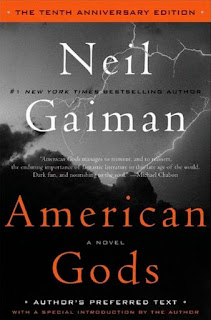Postman has to abide to the Chrome security measures (meaning no Referer header)
Whenever you want to test a REST API, Postman is a great tool. It allows configuring all aspects of a request: Method (GET, POST, etc), Headers, keeps previous attempts in history, manages collections of requests and saves them and it is installed as a Chrome extension, bringing it only two clicks away. It does everything! ... or does it? Short story long: no!
Reported as a problem here: Referer header is not sent when set in Postman, the issue appears to be that some headers are "protected" by Chrome, therefore unusable. Well, it is a bug in the sense that Postman should tell you that when you write something there it is completely ignored! There is a solution, that can be found as a link in the bug report, but it involves installing other crap and running Python scripts. Ugh!
Here is a list of the Chrome protected headers:
So whenever you believe that some web site has used a magical solution to detect your sneaky attempts to access their web API or site and you are wondering what, just remember that it is most likely a Referer header that Postman (via Chrome) silently ignored.
Reported as a problem here: Referer header is not sent when set in Postman, the issue appears to be that some headers are "protected" by Chrome, therefore unusable. Well, it is a bug in the sense that Postman should tell you that when you write something there it is completely ignored! There is a solution, that can be found as a link in the bug report, but it involves installing other crap and running Python scripts. Ugh!
Here is a list of the Chrome protected headers:
- Accept-Charset
- Accept-Encoding
- Access-Control-Request-Headers
- Access-Control-Request-Method
- Connection
- Content-Length
- Cookie
- Cookie 2
- Content-Transfer-Encoding
- Date
- Expect
- Host
- Keep-Alive
- Origin
- Referer
- TE
- Trailer
- Transfer-Encoding
- Upgrade
- User-Agent
- Via
So whenever you believe that some web site has used a magical solution to detect your sneaky attempts to access their web API or site and you are wondering what, just remember that it is most likely a Referer header that Postman (via Chrome) silently ignored.
 The
The  Another really nice book I am glad I
Another really nice book I am glad I 




